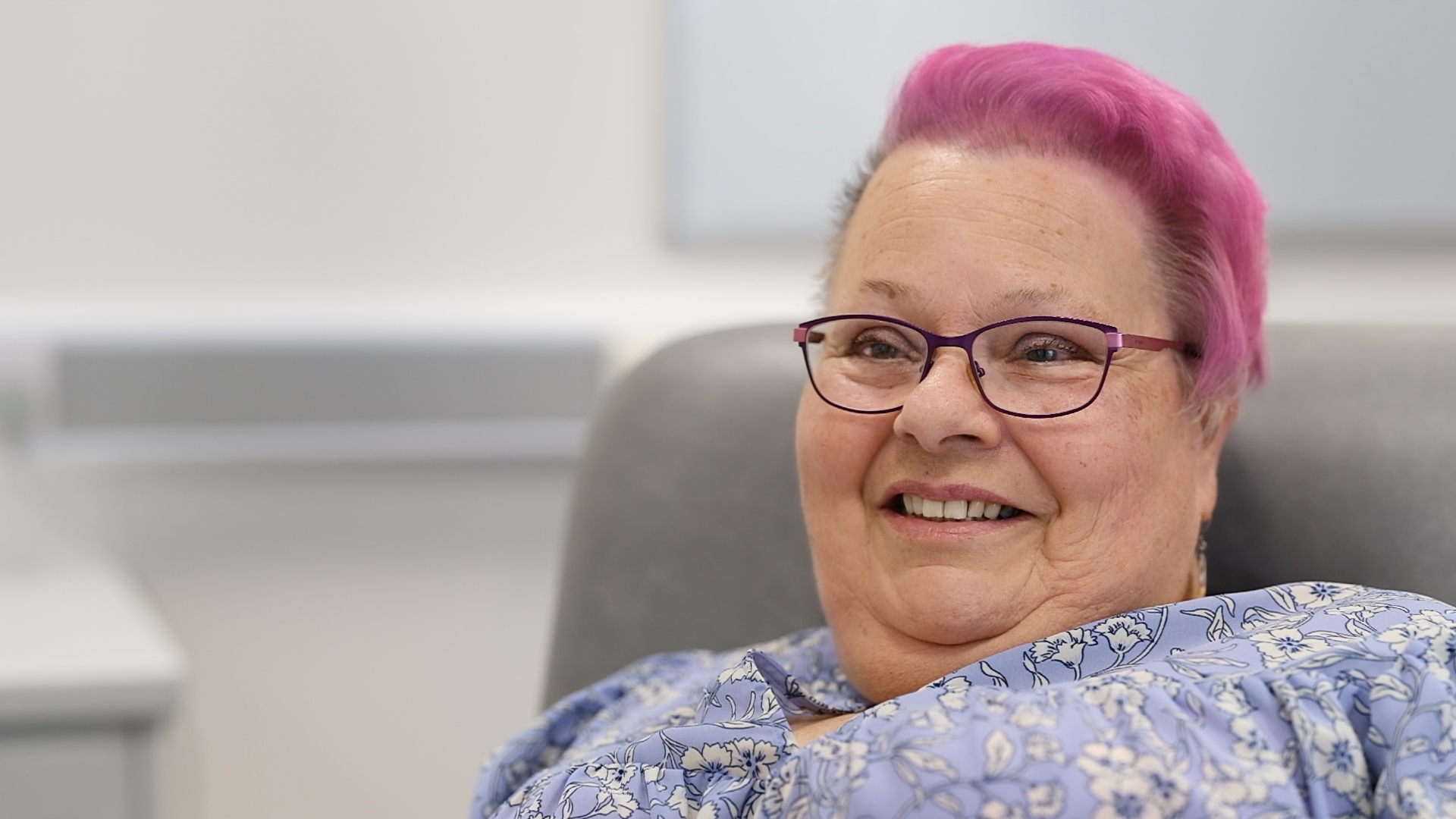The Coloplast Wound Care Partnership Programme

Joseph Singleton, Tissue Viability Nurse, Coloplast, and Tracy Vernon, Clinical Nurse Manager, Coloplast, reflect on the outcomes of Coloplast’s Wound Care Partnership Programme pilot study, which aimed to improve the outcomes for the local patient population with wounds.
Coloplast’s purpose is to make life easier for people with intimate healthcare needs. Requiring both an understanding of patient’s medical challenges and other concerns impacting their lives, Coloplast listens to both patients and the clinicians who care for them. Coloplast’s business includes Wound and Skin Care, and understands that although wound healing can be complex, choosing the right solution doesn’t have to be. By combining effective products and services designed to release clinical capacity, reduce harm, and optimise services, Coloplast works with clinicians to reduce health inequalities and deliver optimal wound care for patients.
In 2021 Coloplast initiated a Wound Care Partnership Programme (WCPP) with Primary Care Warwickshire with the intention of developing a quality improvement programme, which aimed to improve the outcomes for the local patient population with wounds.1 This focused upon an educational strategy, evidence-based wound care pathway and robust data collection.
The WCPP initiative consisted of three stages:1
Stage 1: A baseline audit (data-driven approach) which identified three themes:
- Post-operative wounds were most common.
- More than half of the wounds audited were non-healing (over two weeks with limited progress).
- Numerous patients were having frequent dressing changes.
Stage 2: Triage and referral criteria were established with the support of the Coloplast Tissue Viability Support Service:
- Two clinics per week were set up with 30-minute appointment times to facilitate holistic assessment.
- Patients’ eligibility for supported shared care was established following the National Wound Care Strategy Programme guidelines.
- Twelve clinically focused education models were delivered to primary care staff by Coloplast.
Stage 3: An extended 11-month clinical evaluation, where patient satisfaction and staff feedback were attained.
107 patients participated in the extended 11-month clinical evaluation:1
- 213.5 hours of clinical time were undertaken by Coloplast. This time allocation had the added benefit of freeing up 427 practice nurse appointments, accounting for 142 hours of clinical time over the 11 months.
- 31 per cent of patients were eligible for supported shared care resulting in the freeing of an additional 42 hours of clinical time.
- 48 wounds healed.
- 46 patients were referred to local leg ulcer services in accordance with the local pathway.
- Uplift in healthcare practitioner wound care knowledge evidencing improvements in education assessment scores (35 per cent uplift in learning seen). The education offered within the WCPP has been found to reduce variations of care, as well as support the development of pathways to streamline care and support clinicians in practice.2
The pilot has led to further partnerships in other areas driving quality improvements in wound care.
References
1 Singleton J, Vernon T, Shaw S (2023) Coloplast Wound Care Partnership Programme: a pilot study. Wounds UK, Vol 19, No 3
2 Letchford J, Buckley E, Singleton J, Vernon T (2022) How to deliver essential wound management education in the primary care setting. Poster presentation Wounds UK
